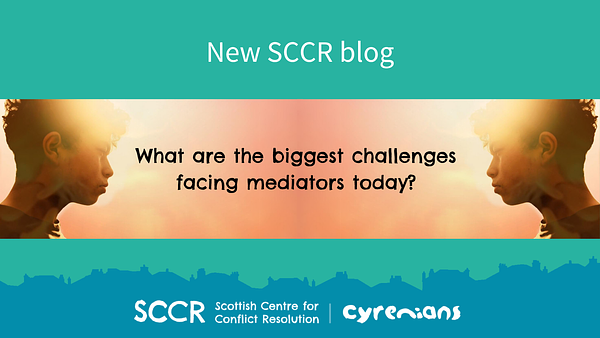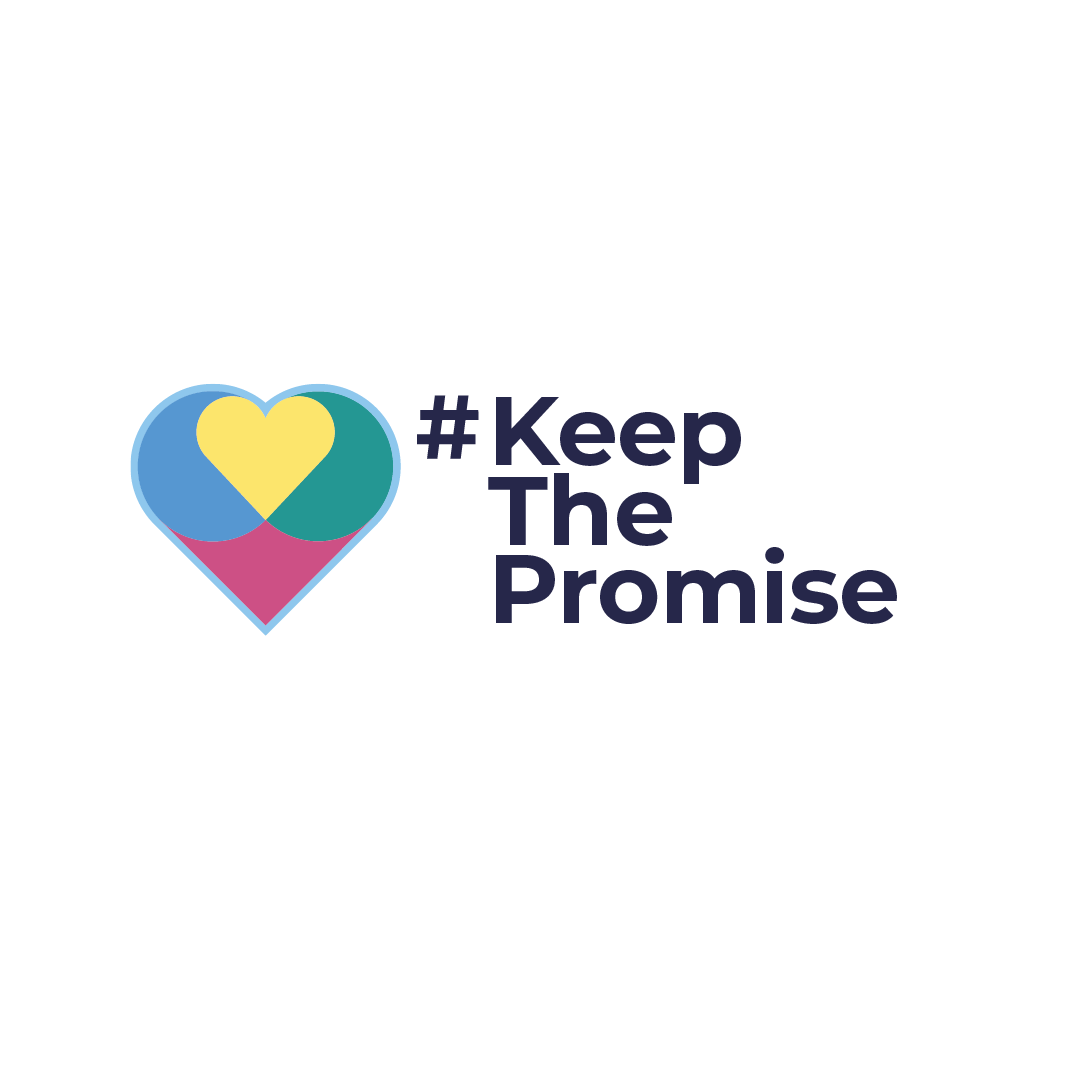What are the biggest challenges facing mediators today?
Technology, accessibility, diversity - some of the problems today's mediators have to manage, as our latest blog reveals.

Interested in becoming a mediator? Or perhaps your job is one that having some mediation skills would benefit? Kicking off on Monday, 20 October 2025, the four-week Mediator and Mediation Skills Training course is a training program that not only equips you with the latest in mediation theory and practice but also offers a supportive environment for honing your skills.
Learn more about our Mediator and Mediation Training Skills course here.
Mediation, once considered an alternative but now seen as a mainstream approach to conflict resolution, faces several challenges today. For that reason, Cyrenians Scottish Centre for Conflict Resolution has created a new Mediator and Mediation Skills Training course for those who would like to be a mediator or work in a sector where mediation skills would be useful (prisons, education, family support, and so on).
Here are three of the main challenges mediators in the UK grapple with today:
1. The Evolving Dynamics of Disputes
In our ever-changing society, the nature and complexity of disputes have evolved significantly. Beyond traditional conflicts like family disputes or workplace disagreements, mediators increasingly encounter issues exacerbated by technological advancements, such as online harassment, intellectual property disputes, and digital privacy concerns. The proliferation of social media platforms has created a breeding ground for conflicts that often transcend geographical boundaries.
Moreover, cultural diversity and globalization have added layers of complexity to mediation sessions. Mediators must navigate differences in cultural norms, values, and communication styles, making it essential to employ culturally sensitive approaches to ensure equitable resolutions. Understanding and respecting these diversities while ensuring fair and unbiased mediation is a challenge in today's interconnected world.
For that reason, SCCR’s Mediator and Mediation Skills Training course dedicates part of it to ‘Diversity and Mediation’.
2. Accessibility and Inclusivity
While mediation is widely recognized as a cost-effective and efficient method of dispute resolution, ensuring mediation is available to all segments of society remains a challenge. Financial barriers, especially for marginalized communities or individuals with low incomes, can hinder their access to mediation services. Mediators face the challenge of finding ways to make their services more affordable or to secure funding to support those who cannot afford mediation fees.
Inclusivity is also a pressing concern in mediation practice. Addressing power imbalances between parties during mediation sessions, especially in cases involving domestic violence, workplace harassment, or discrimination, is crucial. Mediators need to create a safe environment where all parties feel empowered to express themselves without fear of retribution. Achieving this balance while upholding the principles of confidentiality and impartiality is a delicate yet vital challenge for mediators.
3. Incorporating Technology and Digitalization
The advent of technology has both facilitated and complicated the mediation process. While digital platforms offer opportunities for online mediation, enhancing accessibility and overcoming geographical barriers, they also pose challenges related to privacy, data security, and maintaining the integrity of the mediation process. Mediators must adapt to utilizing various digital tools while ensuring that the core principles of mediation, such as confidentiality and neutrality, are upheld in virtual settings.
Moreover, the use of artificial intelligence and algorithms in dispute resolution processes introduces a new layer of complexity. Mediators must navigate the ethical implications of incorporating technology without compromising human-centric values and empathy, which are integral to effective mediation.
In conclusion, mediators face a diverse array of challenges in today's dynamic environment. Overcoming these obstacles requires adaptability, continuous learning, and a commitment to upholding the core values of mediation while embracing innovation and inclusivity to foster sustainable resolutions for all parties involved in a dispute.





